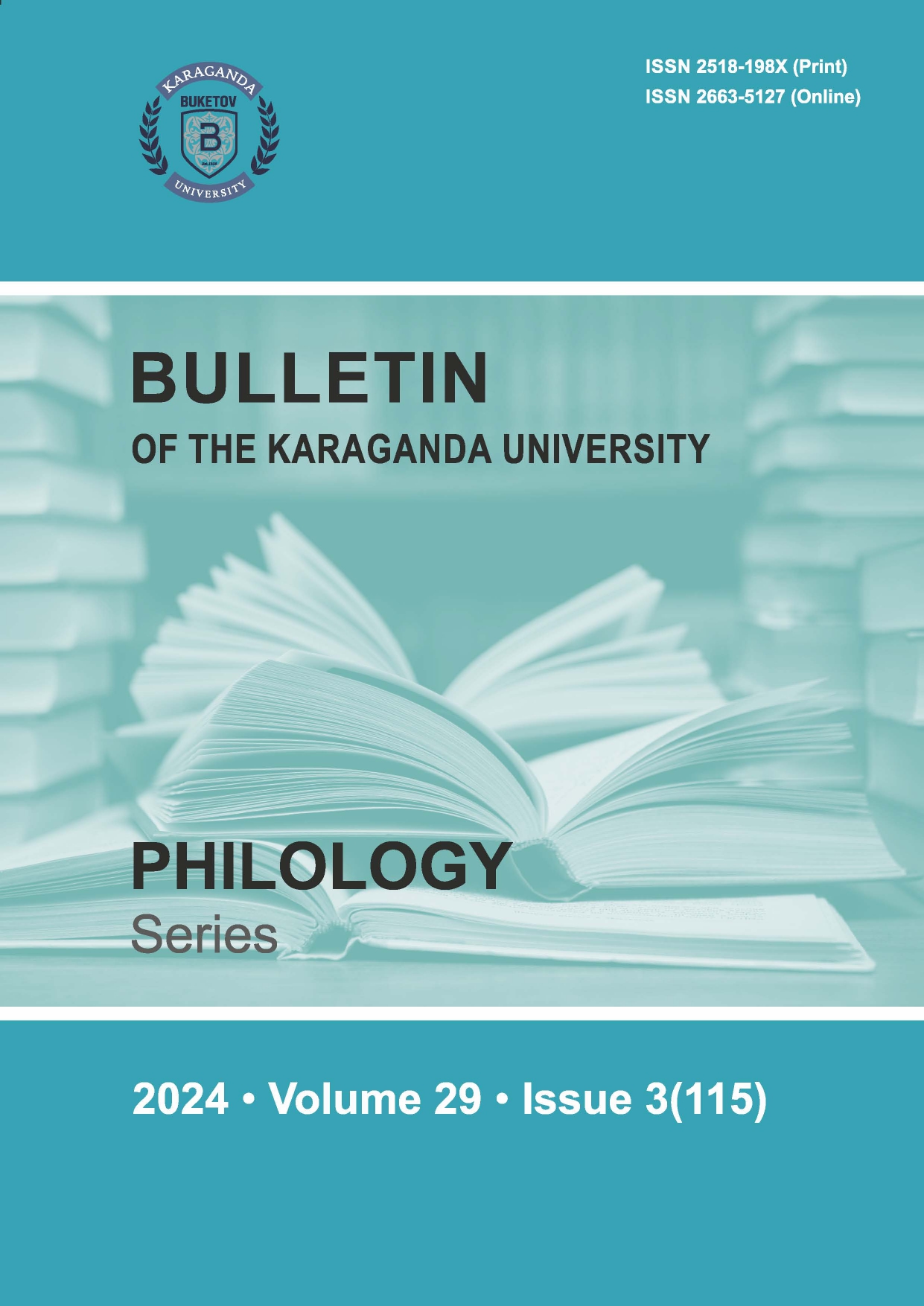Philosophical aspects of scientific creativity
DOI:
https://doi.org/10.31489/2024hph3/409-417Keywords:
scientific, creativity, intuition, intuitionism, scientific cognition, scientific intuition, Bergsonism, epistemology, philosophy of scienceAbstract
The article is devoted to an urgent problem in epistemology, which studies the essence and nature ofscientific creativity, as well as its philosophical aspects. Without creativity, it is impossible to effectivelysolve any scientific problem or make a scientific discovery. Scientific creativity, as a special human activity,is a constructive process aimed at meeting the needs for the creation of new spiritual and material values.Creativity is characterized by opposition to dogmatism. The essence and features of scientific creativity areinvestigated through the method of philosophical analysis. The purpose of the article is to analyze aspects ofscientific creativity, taking into account its connection with intuition. The paper presents a description of themain features of scientific creativity, including philosophical traditions, methodological, ethical, social andpsychological aspects, as well as critical thinking. The method of intuitionism in scientific creativity isstudied on the basis of the primary sources of A. Bergson, as well as the concept of Bergsonism in the worksof J. Deleuze. The article traces the evolution of ideas about intuition from the origin of philosophical thoughtto the present. The relationship of scientific creativity and intuition with the psychology of a scientist isconsidered through the works of J. Adamera on Poincare and the concept of “personal knowledge” byM. Polani. The authors investigated the influence of intuition on the ethics of a scientist and the decision-making process in the scientific field.




